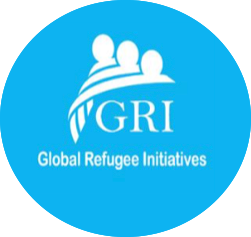Part 1
According to UNHCR and the OPM, the level of food insecurity amongst the refugee population in Uganda is increasingly high. In all settlements across the country food security, the stable and continuous availability of diversified and nutritious food, is limited due to a number of reasons such as extreme poverty, limited knowledge in agricultural production and inadequate livelihood alternatives. The cuts in food rations in the past three years provided by the WFP further exacerbate the economic pressure and risk of malnourishment amongst refugees.
Among all settlement in Uganda, Kiryandongo Refugee Settlement has the highest percentage of acute malnutrition. As 60% of the settlement population are children, they are the ones mostly affected by the lack in food provision which in the long-term can have a drastic impact on child development and general health.
To address the acute issue of food insecurity and malnourishment and to empower refugees economically, GRI developed a block farming program. Currently, we support five farmer groups within the settlement by providing access to land and by giving out seeds and other agro-inputs. Moreover, our livelihoods officer offers trainings on organic farming and climate smart agriculture as well as continuous guidance throughout the year.
Meet some of our farmer group members in our new video series “Exploring the Benefits of Block Farming to our Refugee Groups” and hear how the farming activities with GRI impact their lives:
